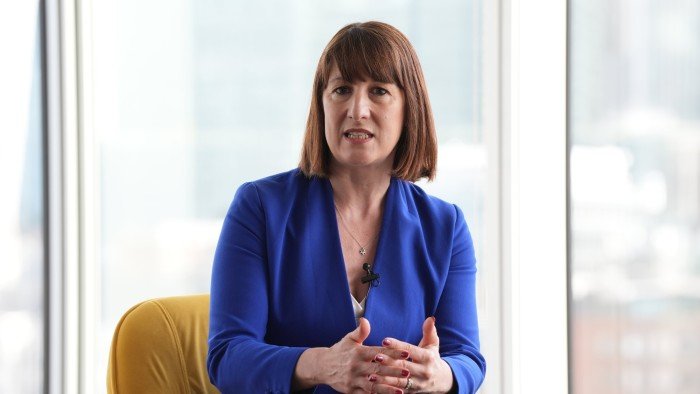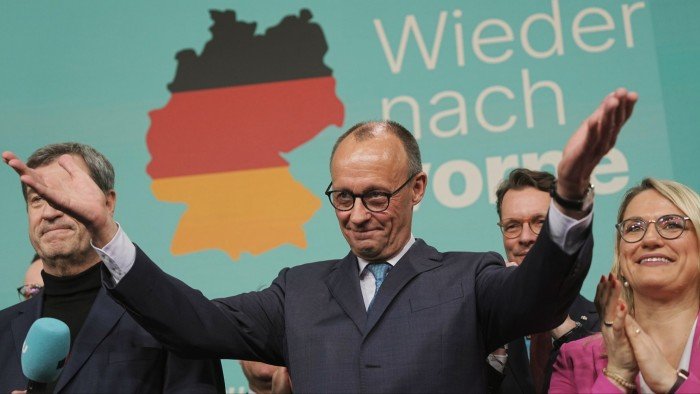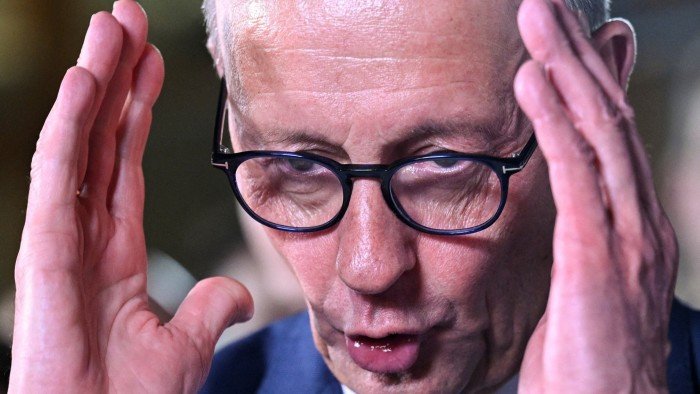UK budget surplus for January falls short of expectations

Unlock the Editor’s Digest for free
Roula Khalaf, Editor of the FT, selects her favourite stories in this weekly newsletter.
The UK’s public finances swung to a smaller-than-expected surplus in January, as chancellor Rachel Reeves struggles to keep her Budget plans on track and kick-start the economy.
The public sector was in surplus by £15.4bn in January, £0.8bn more than last year and the highest seen in that month since 1993, the Office for National Statistics said on Friday, citing record income and capital gains tax receipts.
However, this was still smaller than the £20bn January surplus the Office for Budget Responsibility had been expecting when it last published forecasts alongside the October Budget.
Borrowing for the financial year to January was higher than a year earlier, totalling £118.2bn — £11.8bn more than at the same point in the 2023-24 financial year, the ONS said, and higher than the £105.4bn the Office for Budget Responsibility was expecting in October.
Alex Kerr, UK economist at the consultancy Capital Economics, said the “run of bad news” in recent economic data underlined the difficult choices the chancellor faced.
As pressure mounted for the government to commit to higher defence spending, “the OBR is likely to conclude that the chancellor’s headroom against her fiscal rules has been wiped out”, he said.
“The UK fiscal position remains a worry,” said Dennis Tatarkov, senior Economist at KPMG UK.
“If the chancellor remains committed to her fiscal targets, then the Spring Statement may need to contain more tax and spending changes,” he added.
A surplus often occurs at the start of the calendar year because self-assessed income and capital gains tax falls due at the end of January.
The ONS said receipts from these taxes of £36.2bn in January 2025 were £3.8bn more than a year earlier and the highest for January since monthly records began in 1999 — yet they still fell short of the OBR’s projections.
Darren Jones, chief secretary to the Treasury, said the government was “committed to delivering economic stability and meeting our non-negotiable fiscal rules”.
This is a developing story
This article has been amended to reflect the fact that the January surplus in the public finances fell short of expectations
https://www.ft.com/__origami/service/image/v2/images/raw/https%3A%2F%2Fd1e00ek4ebabms.cloudfront.net%2Fproduction%2Ff90cce81-166b-4fba-b85f-3af39e3ea0db.jpg?source=next-article&fit=scale-down&quality=highest&width=700&dpr=1
2025-02-21 07:31:42






